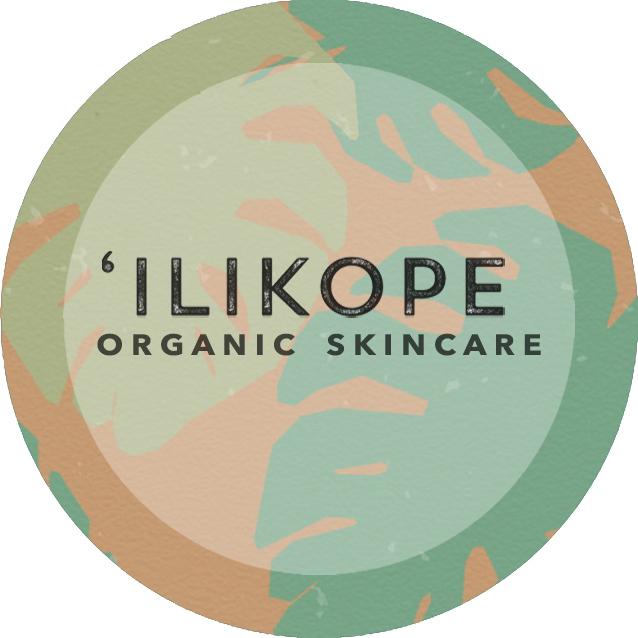Becoming a mother is exciting, amazing, nerve-wracking, joyous, and so many more feelings all at once. Pregnancy can be an intense time for your body and your skin! While you're growing that little human, you body is undergoing a variety of changes to accommodate this new life form inside of you. Your hormones will definitely kick into high-gear, which can either leave you with a "glow" or some hormonal acne. While pregnancy experiences can range from person to person, it's no secret that many mothers want to minimize skin issues. This blog will include some tips that were shared from our Brand Ambassador, Taylor, who is a first time momma-to-be:
1st Trimester
This is the time to go through your skincare and makeup cabinet to ditch some products that contain ingredients that aren't ideal during pregnancy. Specifically, you should avoid the following: salicylic acid, Retin-A, retinol, retinyl palmitate, benzoyl peroxide, hydroquinone, and prescription acne medications. In addition, it's best to avoid professional treatments such as chemical peels with salicylic acid, Botox, and laser treatments. Check out our other blog post that discusses the 6 skincare ingredients you should try to avoid, regardless of being pregnant!
Essentially, this is the time to go as natural and "clean" as possible when selecting skincare and make-up! If you're not doing so already, this is the perfect time to keep up with your full-body exfoliating regimen. Taylor said that she exfoliated with our Coco Scrub at least once a week during her first trimester, and began to apply our Perk Serum to her belly area daily. Our products are formulated without harmful chemicals, and we do our best to source organic and locally grown ingredients, which means they are safe for you and your growing baby.
Talk to your doctor, dermatologist or esthetician if you have more questions on what you should do for you and your baby.
2nd Trimester
If you hadn't experienced acne yet, some women say that their hormonal acne comes into play during the second trimester. Unfortunately, it is recommended to avoid typical acne treatments like salicylic acid but that doesn't mean you have to suffer! You can try out some new skincare habits or you can exfoliate with our Gold Sugar Scrub. Our sugar scrub contains Coconut oil, which is known to have antibacterial and anti-fungal properties. Exfoliating your face can help get rid of dead skin and prevent acne that can be caused by ingrown hairs. Opt to exfoliate your face at least twice a week, and be sure to use a gentle cleanser twice a day as well.
Taylor said that she exfoliated with our Coco Scrub at least twice a week during the second trimester. Taylor wanted to minimize new stretch marks as much as she could (especially during this trimester since this is typically the time of baby's rapid growth), which is why she religiously applied Perk Serum coupled with Rejuveniqe Oil from Monat. Although stretch marks are typically hereditary, coconut oil and vitamin E have been known to reduce their appearance and help to heal the skin over time!
3rd Trimester
This is the home stretch! While you continue to nest and make preparations for the baby, remember to continue to take care of your skin.
Taylor increased her exfoliation to three times a week in order to make sure she was allowing her skin to glow, and heal. Our body scrub contains coconut oil, which helps to moisturize and heal any potential stretch marks. Taylor also continued to use her Perk Serum and Rejuveniqe combo. She is expecting her little girl very soon, so be sure to give her a follow to see her skincare journey with 'Ili Kope products or congratulate her on her bundle of joy!



1 comment
Mama Tay!
Her skin was glowing her entire pregnancy , and after! She honestly has the most beautiful skin & I love all of these tips so much. Especially how she upped her exfoliating due I feel the 3rd trimester.